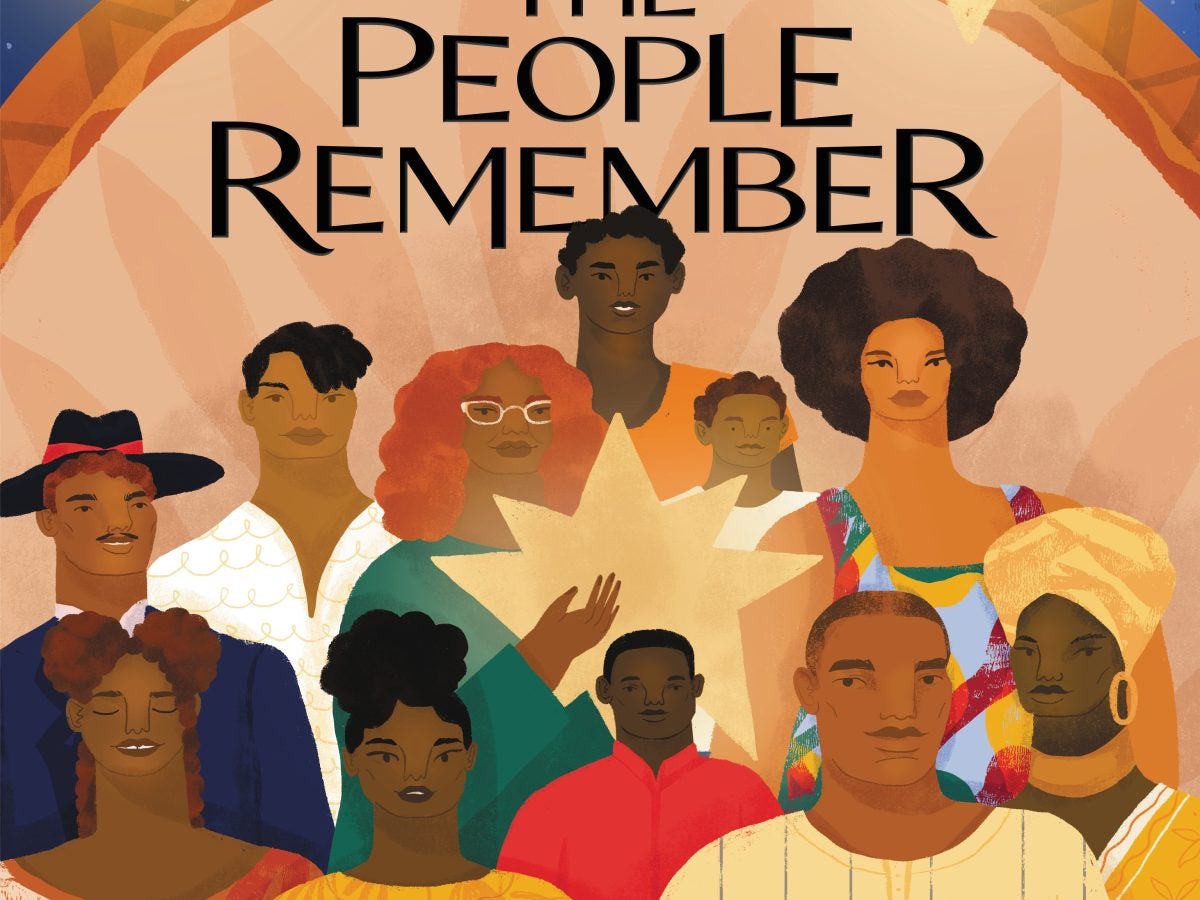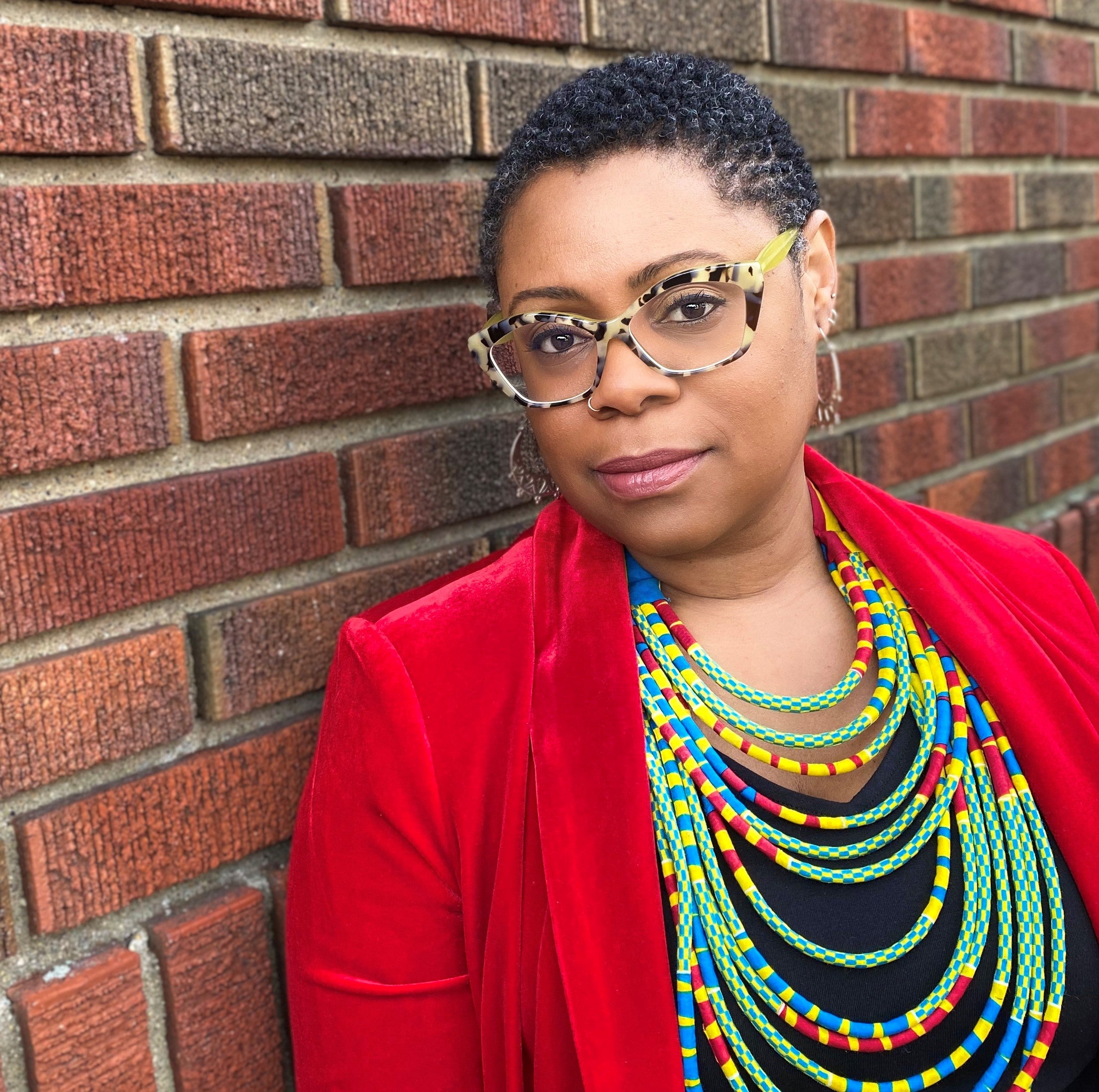
Just in time for Kwanzaa, award-winning and New York Times bestselling author, Ibi Zoboi, debuted her first picture book, The People Remember. This sumptuous, visual tale is illustrated by Loveis Wise, and discusses African American history based on the seven principles of Kwanzaa: Umoja (Unity), Kujichagulia (Self-Determination), Ujima (Collective Work and Responsibility), Ujamaa (Cooperative Economics), Nia (Purpose), Kuumba (Creativity), and Imani (Faith).
Zoboi spoke with ESSENCE in a candid conversation about practicing and celebrating Kwanzaa, her trajectory as a Black female author, and what she hopes this book can do for families and people of all ages.
This interview has been edited for length and clarity.
ESSENCE: What inspired you to write this book?
I’ve been celebrating Kwanzaa my entire adult life. When I started a family, and when I kept celebrating Kwanzaa with community and friends, I realized there wasn’t any book that really captured what Kwanzaa is all about. There are spools of thread from many, many years ago, but there hasn’t been anything contemporary that really highlights what Kwanzaa is supposed to embody and what it means in relation to Black people in this country, so all of that came together and…it was just a no brainer for me.
ESSENCE: What was the creative process like collaborating with Loveis Wise on the illustrations.
The collaboration happens on the page, and they take my words and interpret it in their own way. Everything comes together in the end in the form of a book, but we talk and do events together afterwards…I stay out of it when they’re creating and they’re not a part of my process while writing, so it’s all their interpretation, and it is truly a magical, magical thing when words and art collaborate in this way.

ESSENCE: How has your life changed as your work has become more acclaimed?
To speak frankly, I can support myself and…I can do this work and keep doing it, and still eat. That is something that we don’t usually talk about. The acclaim is acknowledgment that my truth is being heard. I don’t know how I’d feel if my truth is being heard, but I’m still struggling to make ends meet. The two have to be compatible where I can survive making this art and my art is recognized…That is why it’s so important that publishers or gatekeepers pay Black women artists fairly because I know I am contributing something unique to this to this world and to this industry and without…that [my] perspective is not out there in the world. So, part of being successful means that I can support myself and help support my family as well.
ESSENCE: Why do you feel that it’s so important for families, especially African American families, to read The People Remember?
I truly think that the week between Christmas and New Year’s is a time to connect with family and friends, and if you are celebrating Kwanzaa, it’s a time to double down on what it means to be Black in this country and African in the world. It is a holiday where we kind of remixed it. We pulled from different cultures and what we think we remember about the continent to create something new, and that’s what we’ve always been doing with clothes and food and language—we remix and borrow to make it our own—and that remix thing, that creating new cultures out of things that we remember is really what The People Remember is all about. It’s a way to revisit our story and our history over and over and over again. I happen to know that Jewish families and Jewish communities do that when they have their cultural celebrations. There’s a constant remembering of Jewish history and Jewish tradition and Jewish language, and that’s something that we don’t have with Black people in America where we have a moment to ourselves where we constantly revisit our collective story.
It was a community effort to have [Kwanzaa] keep going for as long as it’s going right now. The principles were supposed to be applied throughout, so if you purchase The People Remember for Kwanzaa, [it is] something that can be revisited throughout the year. Revisit it during Black History Month, and I wish Black History Month was Black History Year. So that’s the gist of it—it’s Black history here, and it’s something that’s meant to be revisited. It’s a merging of art and poetry that tells the story of us, for us. Grandparents can read to their grandchild, it’s something that a family can get together and perform or recite, so it is an inter-generational book that I hope will be a family heirloom and can be shared throughout the generations.





